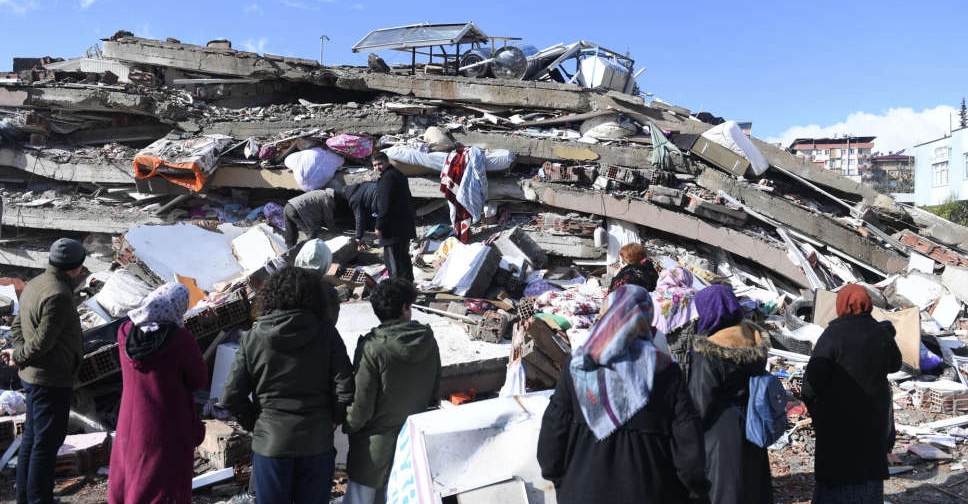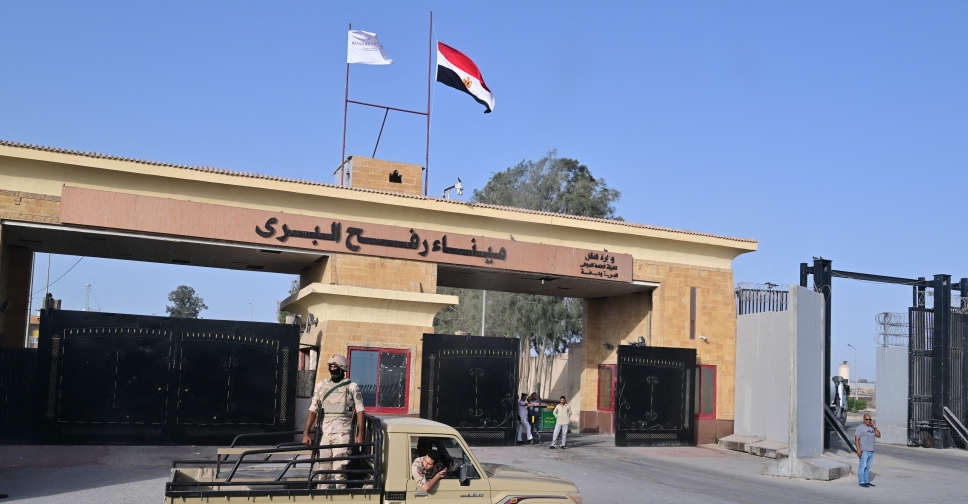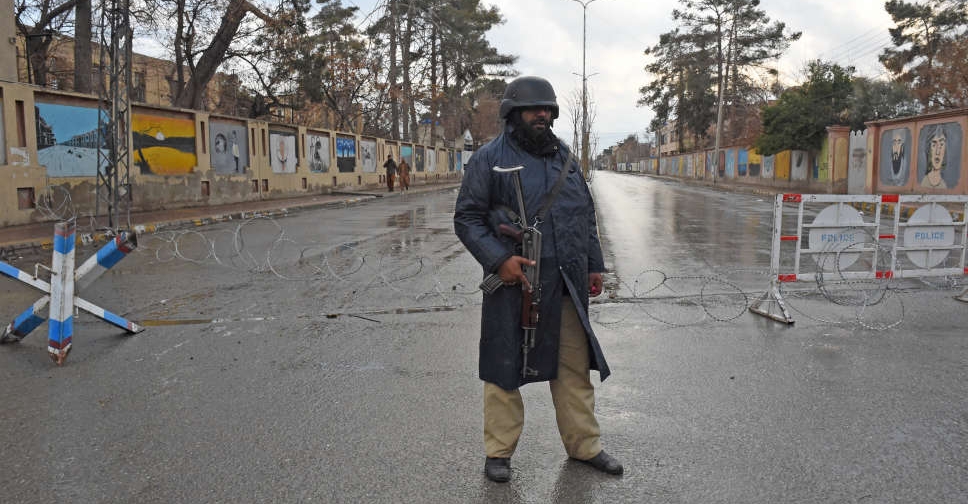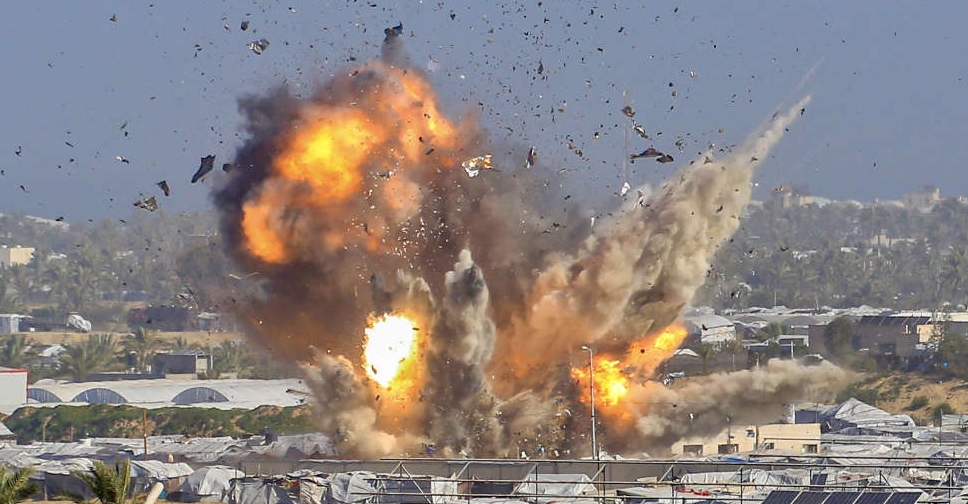
Clearing away the mountains of rubble following the devastating earthquakes that hit the Southeast region of Turkiye on 6 and 20 February 2023 is the top-priority area of support mapped out by the United Nations Development Programme (UNDP).
Rubble removal accounts for a large share of UNDP’s US$113.5 million (AED 417 million) request for funding, which was issued as a part of the broader US$1 billion (AED 3.67 billion) UN “flash appeal”.
“At UNDP, our focus is on early recovery,” said UNDP Resident Representative Louisa Vinton. “While supporting the emergency response, we look ahead to the massive effort that will be needed to restore normal life in the area. Clearing rubble is a vital first step, but we need to show reverence for the human lives and dreams that lie buried.”
UNDP’s current focus is to help prevent public health threats to affected populations and emergency responders. As a first measure, UNDP has sent 160 770-litre dumpster-size waste bins, 54,000 kg of quicklime, and 10,400 litres of disinfectant to Hatay Metropolitan Municipality.
These commodities will support municipal authorities in collecting and moving waste, sanitising the rubble, and compensating for the current lack of clean water for drinking and washing. These supplies were delivered on 20 and 21 February 2023, with more support to follow.
UNDP will soon deliver portable toilets and urgently needed additional waste collection supplies to the affected communities while also working to repair some of the most urgently needed damaged water utilities. A shipment of containers is also on its way to Hatay Metropolitan Municipality for use as storage for emergency goods.
Beyond these emergency measures, UNDP is planning to support the government in addressing the daunting task of debris management and rubble removal. According to the Turkish Ministry of Environment, Urbanisation and Climate Change, of the more than one million structures inspected so far, 156,000 buildings containing 507,000 separate homes and offices have either completely collapsed or are so damaged they will require demolition.
UNDP’s early estimates indicate that the disaster generated between 116 million and 210 million tonnes of rubble. For comparison, the 1999 Marmara earthquake generated around 13 million tonnes of rubble.
“The scope of the challenge is almost beyond comprehension,” said Vinton. “To help visualise the total volume of what needs to be removed, imagine an area of 10 km by 10 km covered in debris piled one meter high.” Envisaged this way, the estimated area of debris – 100 sq km – is bigger than Manhattan, which covers 59 sq km.
UNDP estimates that the destruction has left 1.5 million people homeless and will require the construction of 500,000 new housing units to compensate. Rubble will have to be removed first – to clear the way for vital deliveries of food, water and other supplies and to begin the restoration of normal social and economic activities.
In supporting the government response, UNDP aims to promote an environmentally friendly approach to rubble management, recycling the raw materials it contains rather than simply dumping debris. At the same time, UNDP will work to generate livelihood opportunities by employing local residents to help move and process the rubble.
Rubble removal is just one of several areas where UNDP aims to work in support of its government partners in the early recovery phase. UNDP also aims to help restore livelihoods and revive small businesses; to assist local authorities in providing key social services, including psychosocial support; and to help protect damaged and endangered cultural heritage monuments in an area that features many priceless treasures of ancient civilisations.




 Reopening of Gaza's Rafah crossing expected Monday
Reopening of Gaza's Rafah crossing expected Monday
 Winter storm death toll in United States reaches 90
Winter storm death toll in United States reaches 90
 Pakistan says 145 militants killed after attacks in Balochistan
Pakistan says 145 militants killed after attacks in Balochistan
 Israeli strikes kill 26 in Gaza, health officials say
Israeli strikes kill 26 in Gaza, health officials say



